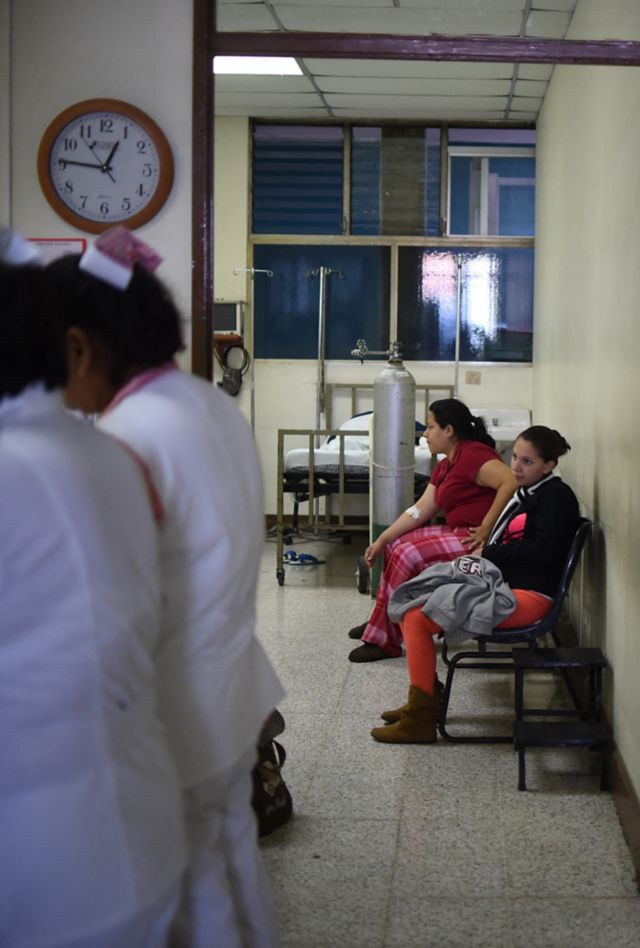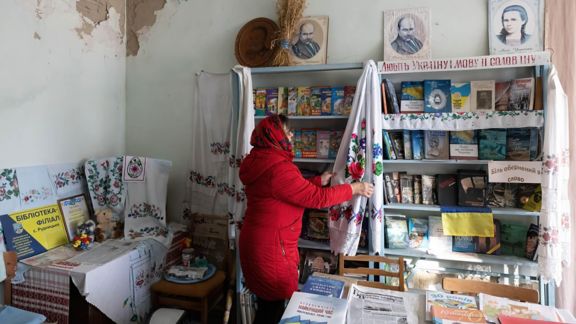Maternal, Neonatal & Child Health Initiative in Mesoamerica Yields Mixed Results

This article is from our NORC Now newsletter. Subscribe today.
May 2025
NORC finds Salud Mesoamerica’s efficacy and sustainability varies by country.
Limited access to quality health care services contributes to poor health outcomes for Latin America’s most vulnerable mothers and children. A recent NORC evaluation found that a 10-year effort to improve those outcomes could be successful if it had buy-in from community members and local decision-makers.
The Salud Mesoamerica Initiative (SMI), a unique public-private partnership, sought to improve maternal, neonatal, and child health (MNCH) by funding evidence-based MNCH interventions in Belize, Costa Rica, El Salvador, Guatemala, Honduras, Nicaragua, Panama, and Chiapas, Mexico. The interventions included reproductive services, neo- and antenatal care, and childhood immunizations. SMI’s international group of funders included the Gates and Carlos Slim foundations, the governments of Canada and Spain, and the Inter-American Development Bank (IDB).
“One of the most interesting things about SMI is that the IDB coordinated the implementation, a new role for IDB as it usually only disburses funding to Latin American countries,” said Ritu Nayyar-Stone. “Another novelty was that the initiative focused on the quality of care, not just outputs like number of deliveries or maternal mortality rates.”
SMI ran from 2012 until 2022. A third party collected data on the program during this period. In 2024, IDB chose NORC to conduct a final evaluation of SMI’s efficacy and sustainability by using existing data and adding to it.
NORC employed mixed methods, including a context-mechanism-outcome framework.
Over nine months, NORC gathered new qualitative data and combined it with quantitative data from the Institute for Health Metrics and Evaluation. The quantitative data came from households and health facilities in all eight countries and allowed us to calculate pre- and post-intervention changes. We collected qualitative data from Belize, El Salvador, and Honduras via:
- 69 key informant interviews with representatives from Ministries of Finance and Health, IDB, donors, local health departments, hospitals, and health center staff
- 27 focus groups with community health workers, midwives, mothers, and their partners or family members
We estimated the program’s causal impact by comparing data from intervention areas to non-intervention areas in Guatemala, Honduras, Nicaragua, and Chiapas, Mexico. This comprehensive approach also included a context-mechanism-outcome framework that examined what works, for whom, and under what circumstances.
Specifically, we sought to:
- Quantify the initiative’s impact on health service performance, coverage, and quality
- Assess COVID-19’s effects on MNCH services
- Identify successful intervention components and areas for improvement
- Assess the sustainability of SMI’s interventions
- Examine the role of the IDB as a change agent
“NORC is one of a few organizations with the capacity and expertise needed to absorb 10 years of data collected by another organization while simultaneously conducting additional interviews to complete the picture,” said Alicia Menendez, a senior fellow at NORC, research associate professor at the Harris School of Public Policy at the University of Chicago, and an economist with over 25 years of experience conducting research and evaluations in lower- and middle-income countries.
NORC discovered an uneven landscape of success, plus variability in COVID-19’s impact.
Our team found significant variability in the effectiveness and sustainability of SMI interventions as well as COVID-19’s impact on them. Honduras, Guatemala, Belize, and parts of Chiapas, Mexico, were more successful than others at implementing and institutionalizing SMI-funded MNCH interventions over the course of a decade. In general, we found significant improvements in antenatal and delivery care, and management of complications such as delivery and neonatal complications.
“SMI’s biggest effect was on the quality of care,” said Nayyar-Stone. “We found improvements in the quality of the care in each different MNCH stage.”
“Our interviews revealed that frontline health care workers became motivated to improve the quality of care for their patients because it was the right thing to do, not just because of the financial reward,” said Menendez.
We identified several factors for success:
- Comprehensive training programs
- Capacity building
- Standardization of procedures and implementation of medical protocols
- Introduction of monitoring and decision-making tools
- Long-term implementation allowing processes to become institutionalized
- Focus on sustainability from day one
We also discovered that community health workers were vital in reaching rural communities. However, in some of these communities, cultural barriers and social stigma continued to be challenges, as did transportation and access issues. At the federal level, policymaker buy-in was also mixed.
Another complicating factor was the appearance of COVID-19 near the project’s end, requiring an extension of the program timeline. Contrary to expectations, the pandemic’s impact was not uniform. While we did see a decrease in health care-seeking behaviors, including vaccinations and routine care, some regions adapted to COVID’s challenges by increasing field visits and instituting alternative care methods.
Sustainability, not COVID-19, was the bigger challenge.
“Sustainability must be considered at the beginning of any project,” Nayyar-Stone underscored. “We found that patterns and processes that were implemented early on were the ones that became institutionalized and lasted.”
Our evaluation will help inform strategies for improving care in low-resource settings.
Our rigorous assessment underscores a fundamental truth in international development: sustainable change requires more than financial investment—it demands local ownership, consistent commitment, and adaptable strategies.
Our findings will help IDB as it continues exploring similar health initiatives across Latin American countries. We hope we have also provided policymakers and researchers in the global development sector with insights they can use to inform the design and implementation of future health initiatives worldwide.
This article is from our flagship newsletter, NORC Now. NORC Now keeps you informed of the full breadth of NORC’s work, the questions we help our clients answer, and the issues we help them address.








